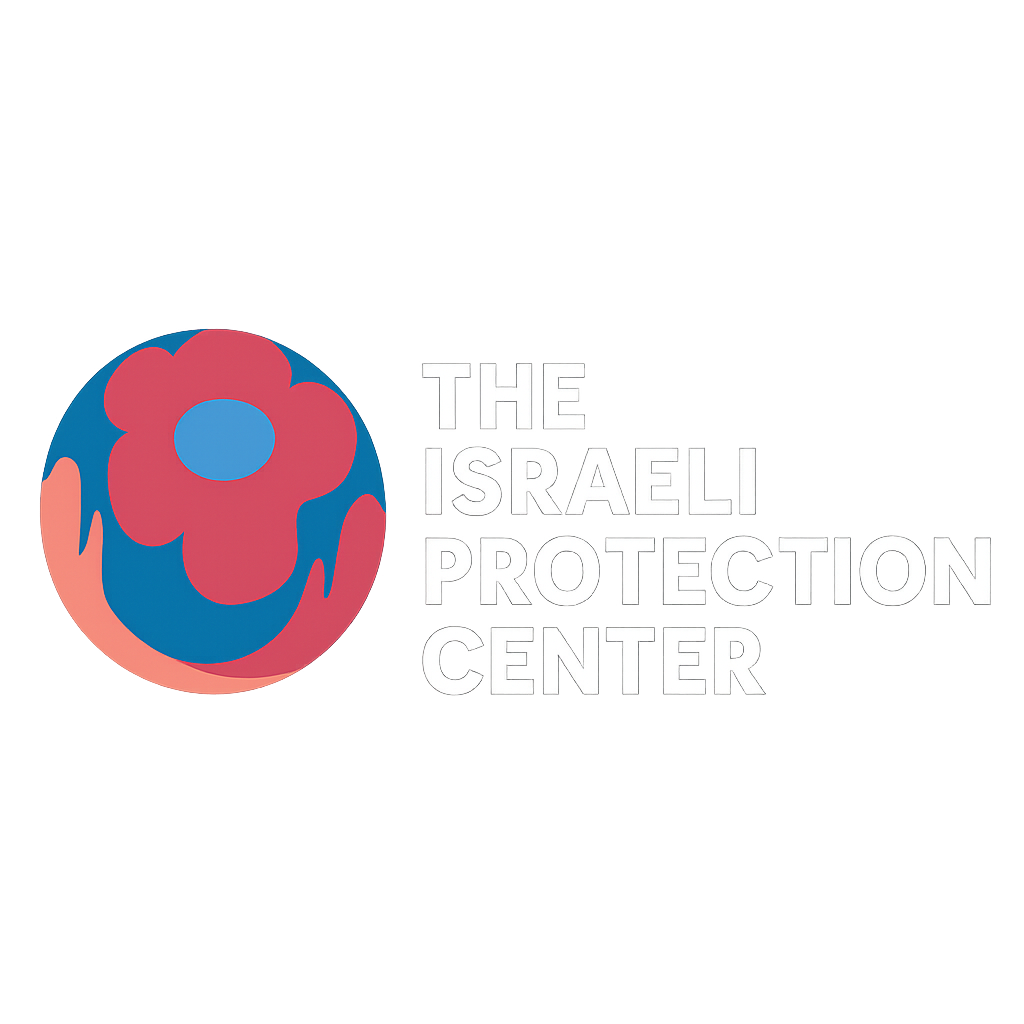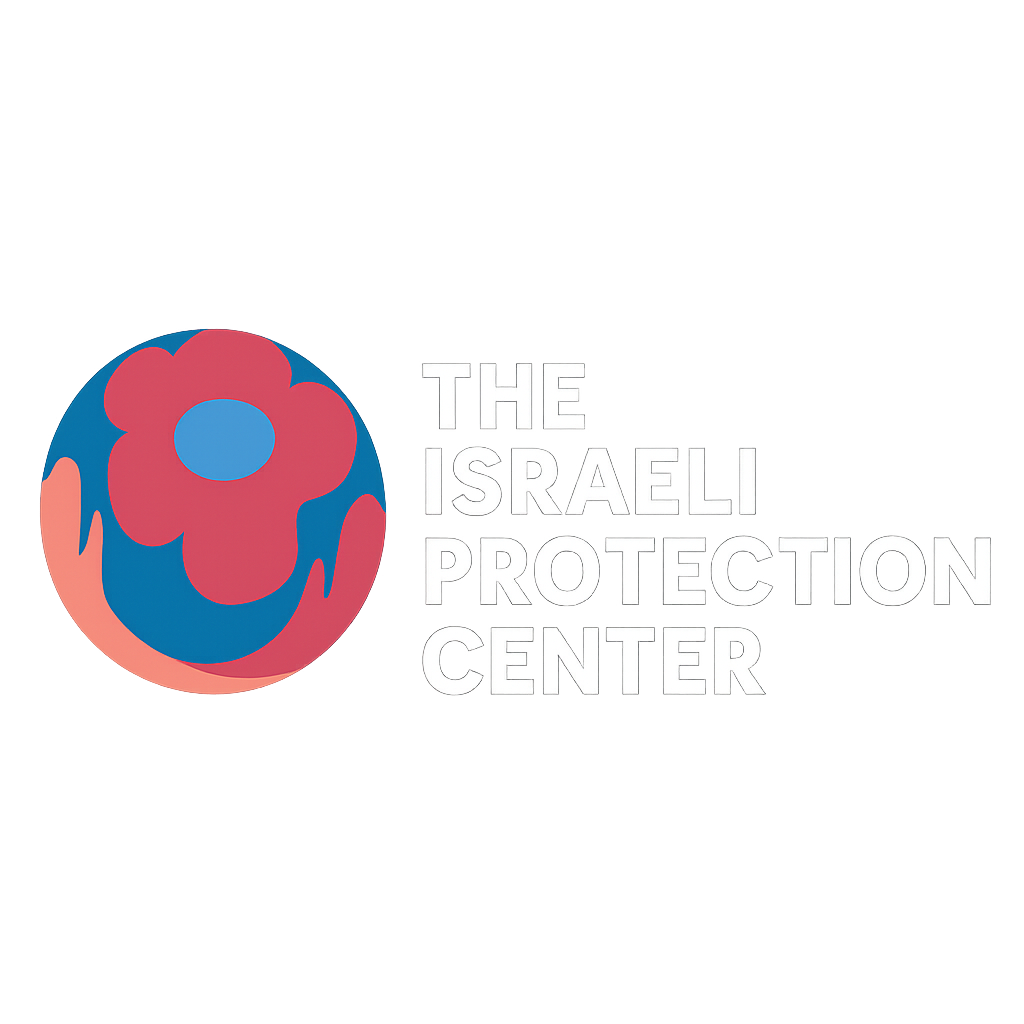Questions and Answers
In which cases related to sexual assault
Can I consult with the center?
You can consult with the center in all types of cases related to sexual violence: past incidents, recent incidents, incidents that occurred within the family, within educational institutions, between a boy and a girl, or same-sex assaults, and also in cases of assaults that occurred online or through social media.

Is it possible to contact
you anonymously?
Yes. You can contact us without identifying yourself.
Do you report to the police information that arises in conversations?
We do not report to the police. However, there are specific cases where there is a strong suspicion that a minor (under age 18) has been sexually assaulted by someone in a position of authority over them — in such cases, the law imposes a mandatory reporting obligation, and any person (including the center’s staff) is required to report to welfare services or the police. As long as the contact with the center remains anonymous, there is no obligation to report.

How can you help?
First, we offer anyone who contacts us the opportunity to enter a consultation conversation — even during this initial talk, there is no obligation to file a complaint. During the consultation, we outline the full range of rights available to a person who has experienced sexual violence.
This includes:
- Treatment
- Filing a complaint with the police
- Submitting a compensation claim
If the person requests it, the center provides a culturally adapted support process through trained staff, in accordance with the path chosen by the individual. Additionally, the center maintains a strong stance that sexual violence often includes additional circles of harm, such as within the family or the broader community. The center offers up to 4 support meetings for those affected by these broader circles as well.
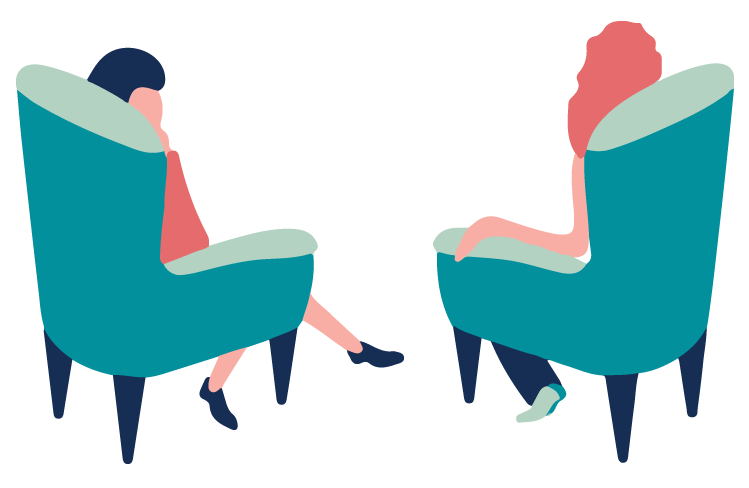
What is considered sexual assault?
Sexual assault is considered to be any statement, behavior, or act of a sexual nature imposed on the victim without mutual consent. Sometimes, sexual assault is committed by someone close to the victim, through abuse of power, physical force, or the victim’s vulnerability — and often also through exploitation of the victim’s young age.
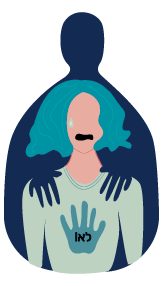
Can one recover
from sexual assault?
Sexual assault is very traumatic, especially when it began in childhood. Today, there is broad awareness of how sexual assault can affect many aspects of a person’s functioning — such as placing trust in others, forming intimate relationships, or managing difficult emotions. It may also lead to anxiety, depression, eating disorders, and more. In spite of this, healing is possible.
Sexual trauma-focused therapy can help survivors regain a sense of safety and control in their lives.
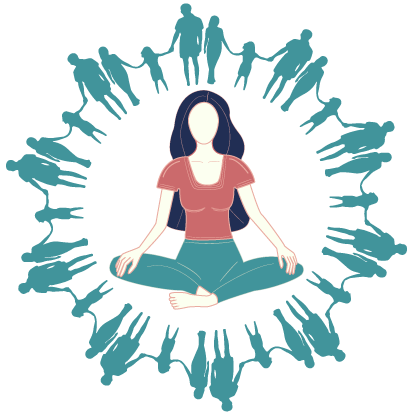

I am a child and someone touched me.
There are secrets that need to be kept — but if someone touches you and it feels weird, uncomfortable, or scary — you need to say something. It’s important to tell someone!

I’m a man, and someone touched me
Sexual assault against men has significant implications on many aspects of the victim’s life. Similar to women, sexual assault of men is highly traumatic. There are studies indicating that by age 10, one in six boys experiences sexual abuse, and by age 16, the rate of assault among boys reaches 5.1%, compared to higher rates among girls. Despite this, due to social and cultural stigmas, men often struggle to acknowledge the experience and accept that what happened to them was assault. Just like with women, a man who was assaulted may freeze, dissociate, avoid reporting, or have difficulty confronting what happened — even though his reactions are entirely normal. If someone touched you — and you want to talk — our trained staff is here for you.
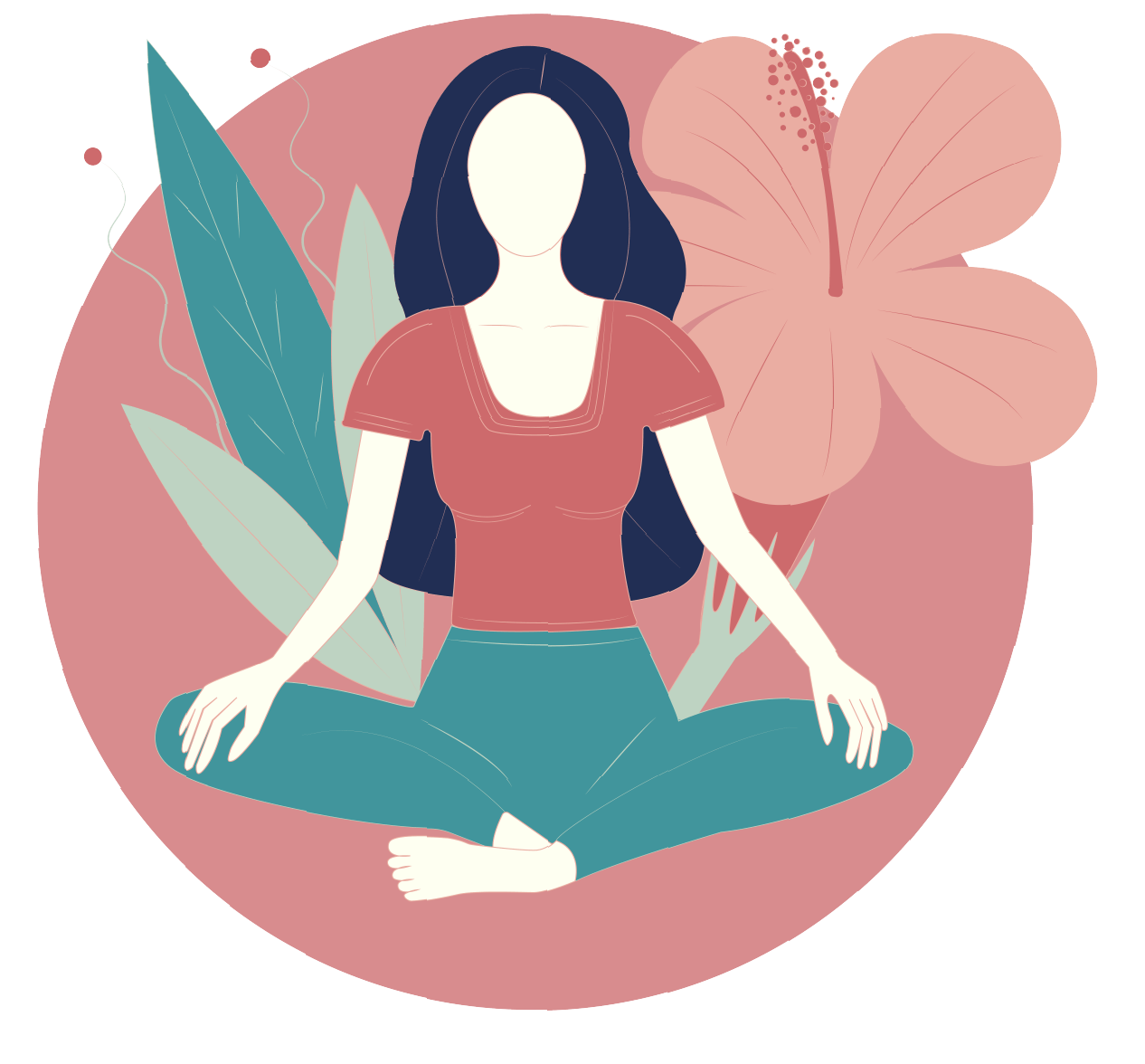

Healing is Possible
Sexual harm can cause emotional, cognitive, and social difficulties—both in the short term and the long term. Sometimes, survivors feel stuck in a loop, as if they’re re-experiencing the event again and again. Flashbacks, painful memories, nightmares, avoidance, mood swings, difficulty concentrating, and detachment may arise and lead to difficulties in various areas of life. The process of coping and recovery from sexual harm is unique for each person and may take a different amount of time.
Healing includes various coping mechanisms
Sexual harm is a traumatic event that damages a person’s basic sense of safety and trust. In your first meeting with our team, we’ll explore your needs together—emotional, legal, medical, and community support. After that meeting, in consideration of your needs and in cooperation with you, our team will offer a personalized recovery plan to continue your healing process.


